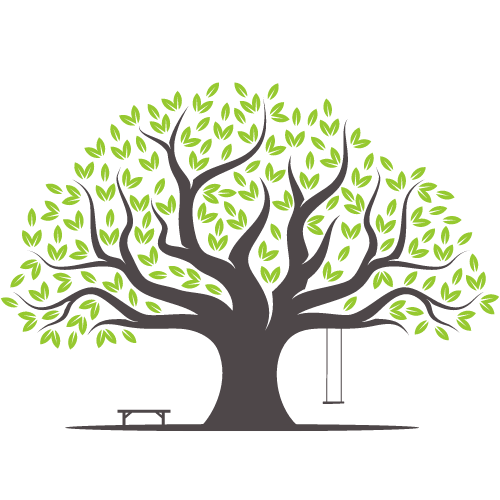An Autistic Rosh Hashanah: Finding new found accessibility to an age old tradition
Apples and honey are traditionally eaten at Rosh Hashanah to symbolize sweetness for the coming year.
Last Sunday night began Rosh Hashanah, the Jewish New Year. I have a complex relationship with Judaism, one that evokes a multitude of feelings, memories, and experiences, some very painful, some sweet. Over the last decade, largely thanks to a good Jewish friend who “took me under her wing,” I finally felt safe enough to explore my Jewish identity and seek out Jewish community for the High Holidays. Even though I felt rejected by Judaism when I was growing up, something about the High Holidays always resonated with me. As an adult, I appreciate the ways they connect me to my ancestors, the contemplative nature, and the opportunity to talk openly about mortality in a dominant culture that prefers to avoid death altogether.
Despite my growing confidence as a Jewish person (mostly a cultural Jew with some seasonal religious affiliation), the High Holidays have continued to evoke complex feelings: yearning for quiet contemplation, deep reflection, but a lot of social anxiety. Not having grown up going to synagogue, not speaking Hebrew, and being what I consider to be an “ignorant Jew;” all of the social norms, customs, and rituals that go along with holidays at synagogue are A LOT. From the cost to attend services, what to wear, when to stand, when to sit, wearing a tallit (a sacred prayer shawl that I don’t have), whether to go up to the bimah (platform where the Torah, sacred Jewish texts, is read) or not, how to follow along when I don’t know the words, anxiety is a persistent back drop. But I wanted to belong, to be Jewish in community, something that I didn’t get to experience growing up.
As I’ve come into my queer, trans, and Autistic neurodivergent identities, it’s added new layers. I thought I had it all figured out this year, a plan to attend in person services at a super queer synagogue with new friends in Boston. Until I woke up the day before, feeling sick and forced to face my annual High Holiday anxiety. All I wanted was quiet contemplation, yet I felt obligated to follow-through on my commitment. I got myself all ready and even started driving, but when the highway entrance approached, I just couldn’t do it. I kept on driving past the entrance and pulled into a parking lot for some reflection and contemplation. “What does today mean to me, right now?” I thought, I journaled, I prayed, and over and over, I came back to the same answer: “I want to go home.” And so, after a lot of back and forth, I did.
I changed into comfy clothes and gave myself permission to rest my tired body. I snuggled with my partner and felt the warmth and connection of our love. I released my rigidity around having my phone off, and I allowed myself to connect with loved ones. I did yoga and felt renewed. I dialed in to virtual services with my former community with their new queer rabbi. I attempted to sit outside and listen, but felt restless and uninterested in sitting still. So, I got up and tended to the garden! I pulled weeds, lots of weeds, all the while listening with my headphones to this radical rabbi who offered such present moment truth and permission, to songs, poems, and prayers that didn’t sugarcoat, yet offered hope, inspiration, and realness. In the sunshine, in my comfy clothes, in the solitude, hands and feet covered in dirt, Judaism was the most accessible to me that it had ever been. I allowed myself to be the Autistic Jew that I am, to get honest about what does and doesn’t work for me, and I felt ecstasy. Maybe next year I’ll try in person services again, maybe not. All I know is that giving myself permission to honor the holiday in a way that truly honored all of my intersecting identities was a tremendous gift I gave myself at the start of this sweet new year.
Shana Tova!

